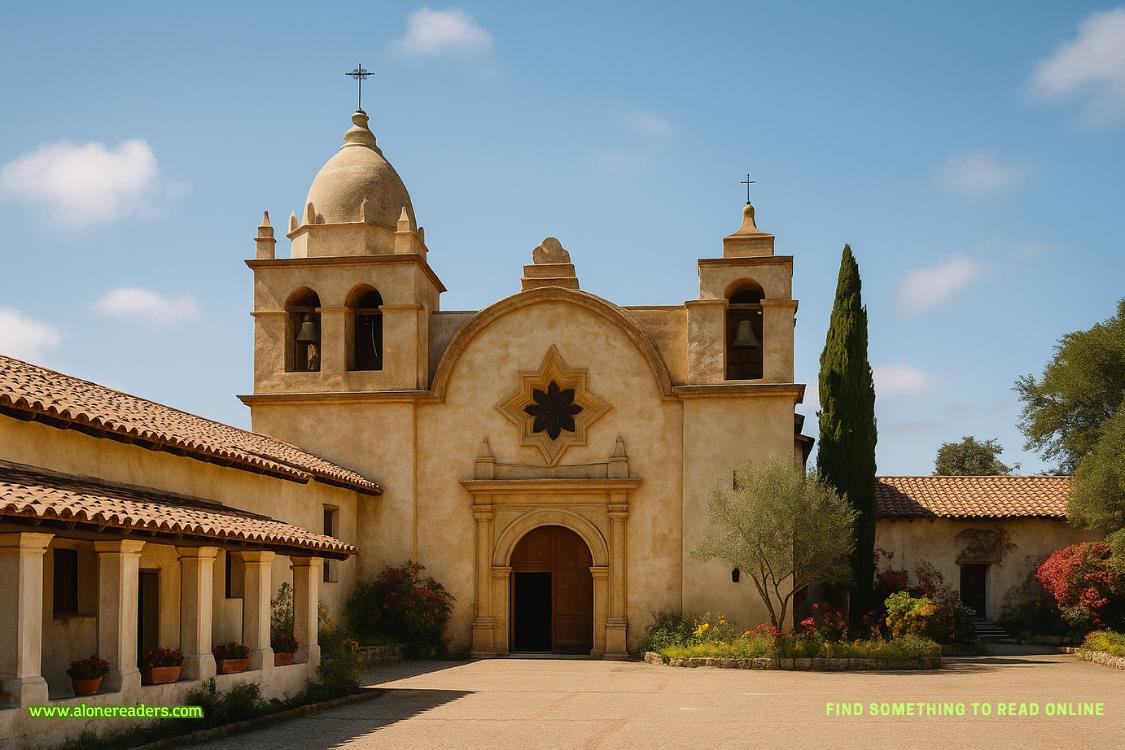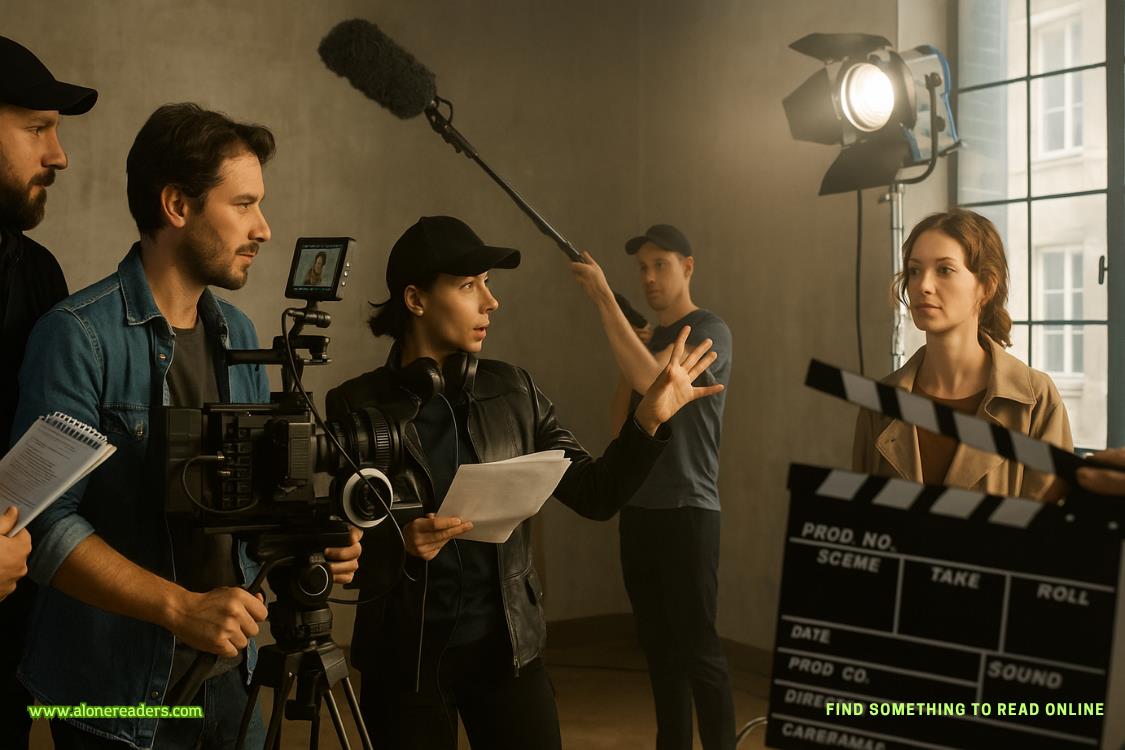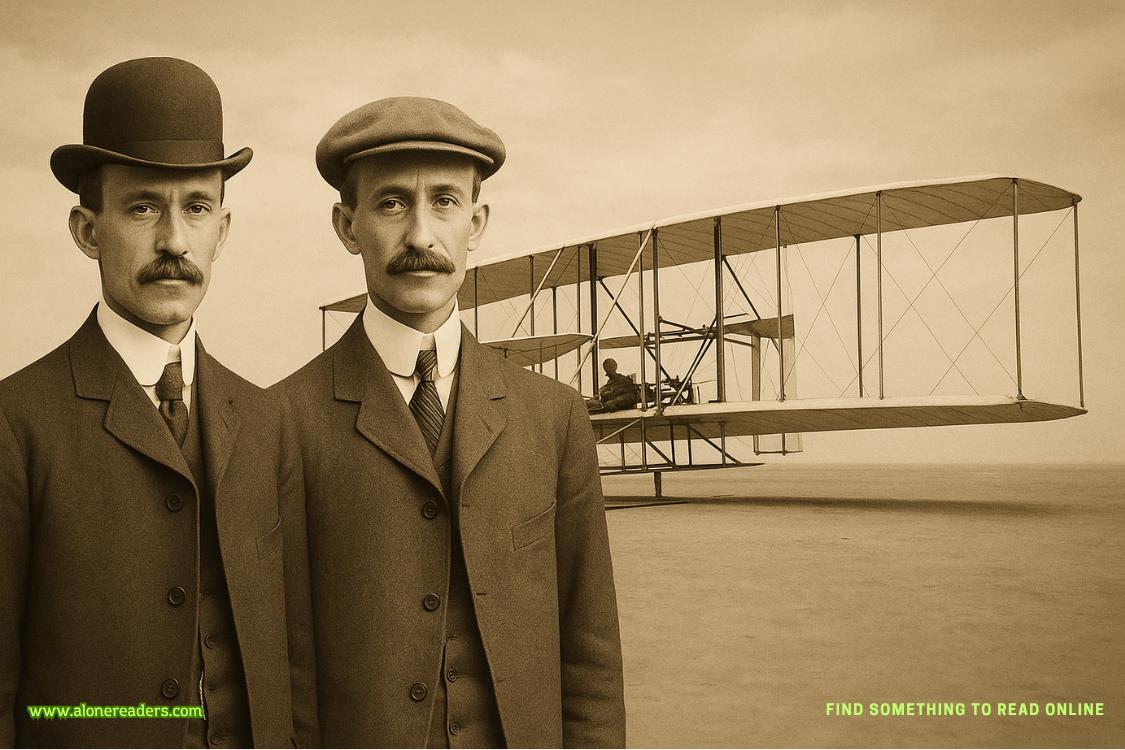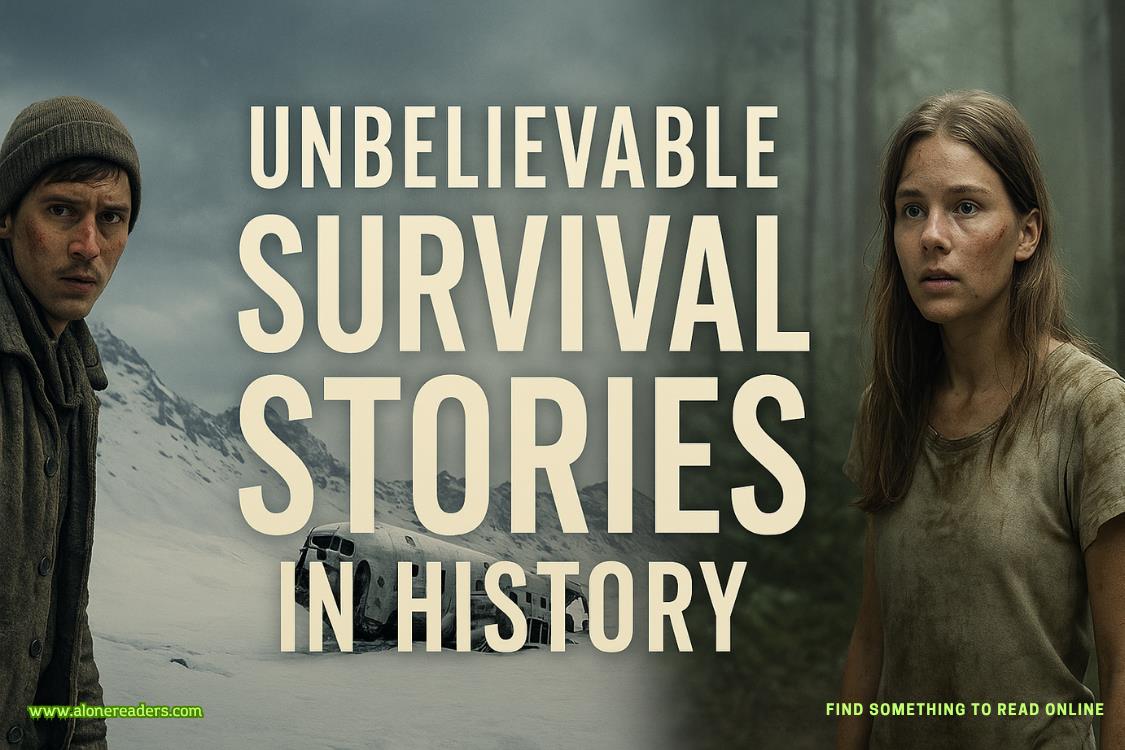Page 46 of Death at a Highland Wedding
He smiles. “You are always the perfect amount of ‘chatty,’ Mallory. Right now, I am only grateful that you are quietly enjoying the excursion, rather than reminding me that this is not the way to convey the body of a murder victim.”
I glance over at Sinclair, his wrapped body across the opposite seat. “Yeah, I’ve surrendered my crime-scene sensibilities and given in to the spirit of the age.” I look at Sinclair again. “Er, those were clean sheets you guys wrapped him in, right?”
Gray shakes his head, and I decide to take that as a yes. I lean sideways, looking past Sinclair’s wrapped feet out the window. “Oh, there’s the village. It’s so cute.”
“A ‘cute’ seething maelstrom of petty jealousies, festering grudges, and, probably, inbreeding.”
“Not a fan of small towns?”
“I spent several months in one during my studies, working with a local doctor. Those from the city often speak of villages as bucolic places, where everyone knows everyone and takes care of them. The city is not perfect, but at least they do not gape at me as if I am some monster come to devour their children.” He leans over. “In case you think I am exaggerating, a woman asked me whether I was a cannibal. She had seen something about ‘dark savages’ boiling people in pots.”
“What did you say?”
“That I prefer a good pork roast.”
I smile and turn my attention to the passing village. One thing I’ve always loved about rural Britain is that you can find villages that seem rooted in time, and if you angle your camera to focus past the cars and power lines, you can imagine yourself back hundreds of years… until some tourist steps in front of you to get that same shot. That’s what this village looks like—a tourist town in the Scottish Highlands, with stone cottages and gardens and a cobbled main road.
Ross has given us directions. I worried about asking him, but going behind the constable’s back won’t help our cause. To my relief, he gave the directions readily.
Simon stops in front of what might be the most adorable cottage on the main street, with the most perfect garden. I do love a proper English—or Scottish—garden. There is a wild perfection to them that speaks to that wild perfectionist in me, the one torn between craving reckless abandon and wanting perfect order.
To me, the best of those gardens are the lush jungle riots of color. What I see here is a more muted version, but it’s still a paradise of grasses and thistles and primrose and flowers I can’t name, and I want to tell Gray to go ahead without me. I’ll just stretch out in the garden, inhale the spring blooms, and work on my tan. And, yes, working on a tan isn’t really a Victorian thing, which is one place where they were a whole lot smarter than us.
After the coach comes to a full stop, Gray opens the door and gets out. He’s a third of the way up the walk before he remembers me. Or, at least, remembers that I am a “lady” and therefore he should hold the door and help me down.
I would be flattered that he forgets—thinking of me as a friend andcolleague rather than a damsel needing help—except that it’s more a sign of his single-mindedness. Most of the time, knowing I can handle it, he doesn’t come back. Here, he does, because there are at least a dozen pairs of eyes on us, from up and down the road.
He returns stiffly, his expression blank as he helps me down and then offers his arm. I try not to look about, but I feel those assessing gazes, and I tell myself they’d do the same to any newcomers in a fancy coach, but I’m not sure they would.
We continue through the garden to the front door. The cottage is stone with a thatch roof. In the present day, I’ll bet a week’s wages that the front door is bright blue or mauve or turquoise. Here, it’s plain white with a handwoven wreath of lavender.
Gray raps the knocker. A woman’s voice calls from the rear of the house, “I am in the garden!”
We walk around to the back, where a stout white-haired woman weeds a raised vegetable bed of green shoots. As we come into view, her gaze goes first to Gray, and she blinks her surprise, but covers it with a wide smile.
“Good day, sir.” She looks at me and smiles again. “Good day to you both.”
Gray returns the greeting and then says, “We are looking for Dr. Rendall. Is he at home?”
“Oh. Yes, of course.” She cranes to look over the garden. “Clifford? Guests to see you.”
There’s a grunt from behind a hedge, and an elderly man appears. He isn’t much taller than the woman, but moves with the ease of someone half his age. Seeing us, he extends his hand to Gray, notices the gardening glove, and takes it off before shaking Gray’s hand.
“You must be from up at the castle,” Dr. Rendall says. “I heard there was a wedding. I hope no one has taken ill.”
Before we can answer, a boy races around the back, calling, “Dr. Rendall! There’s been a murder!” Seeing us, he stops short, staring at Gray. The woman clears her throat, and the boy takes off his cap and bobs his head, before continuing in a brogue thick enough I can barely make it out. “I do not mean to interrupt, but I thought the doctor should know that there has been a murder up at the castle house. His Lordship is dead.”
“What?” The woman’s eyes round.
Gray clears his throat. “That is what we came to see you about. An… accident at the estate.”
“I heard it was murder.” The boy sounds disappointed.
The woman bustles the boy off, and Gray waits until they’re gone before continuing.
“It does appear to be murder,” he says to Dr. Rendall. “The deceased is not Mr. Cranston but a guest. I am Dr. Duncan Gray, at the estate with my dear friend—and the brother of the bride—Detective Hugh McCreadie of the Edinburgh police.”
The name-dropping is intentional. He’s not saying McCreadie is investigating the murder, but if that’s what Dr. Rendall interprets, all the better for us. Still, Gray does add for clarity, “While I am a doctor of medicine and surgery, I do not practice either. I am an undertaker who also works with the police in matters of medical science.”















